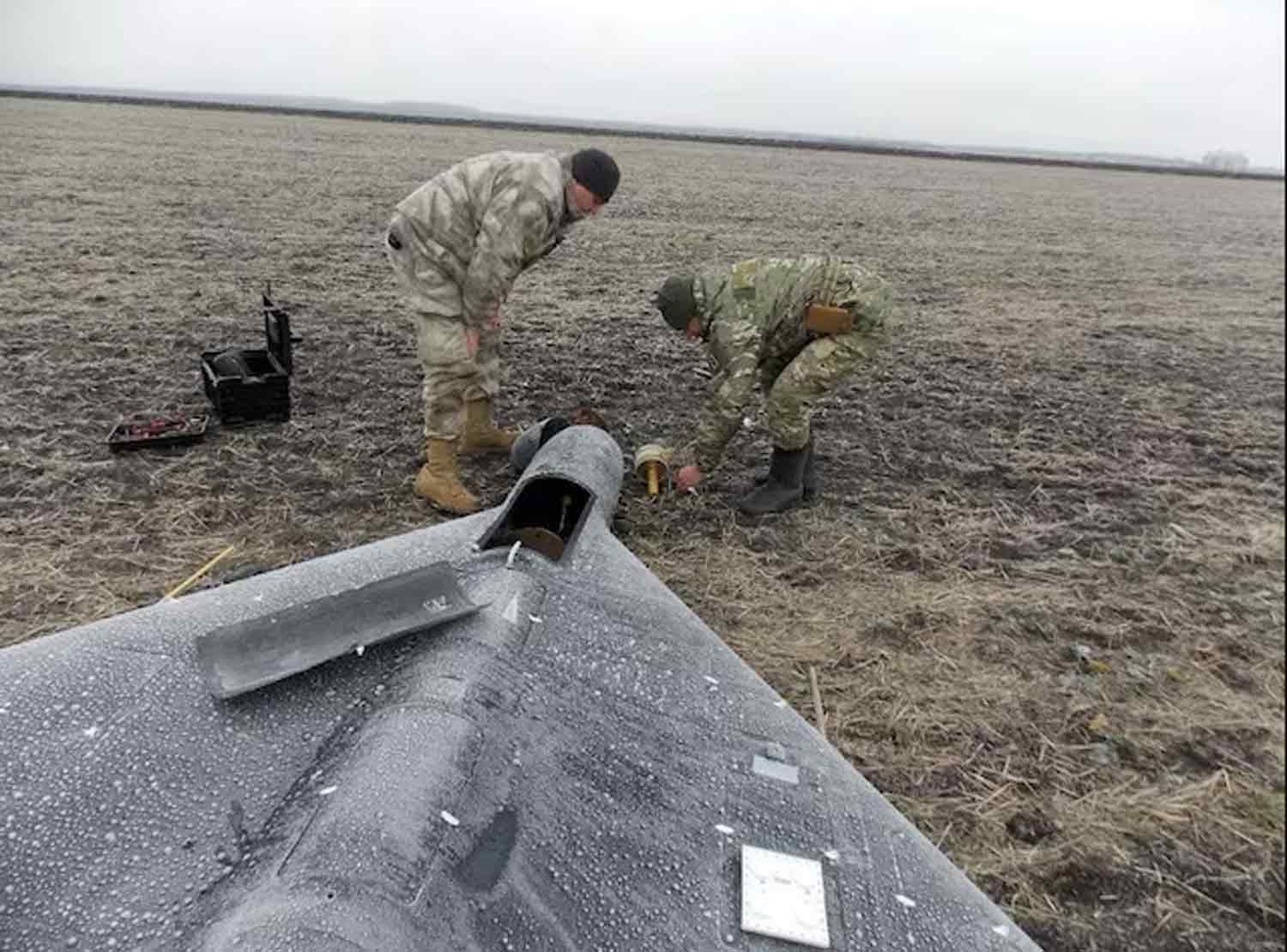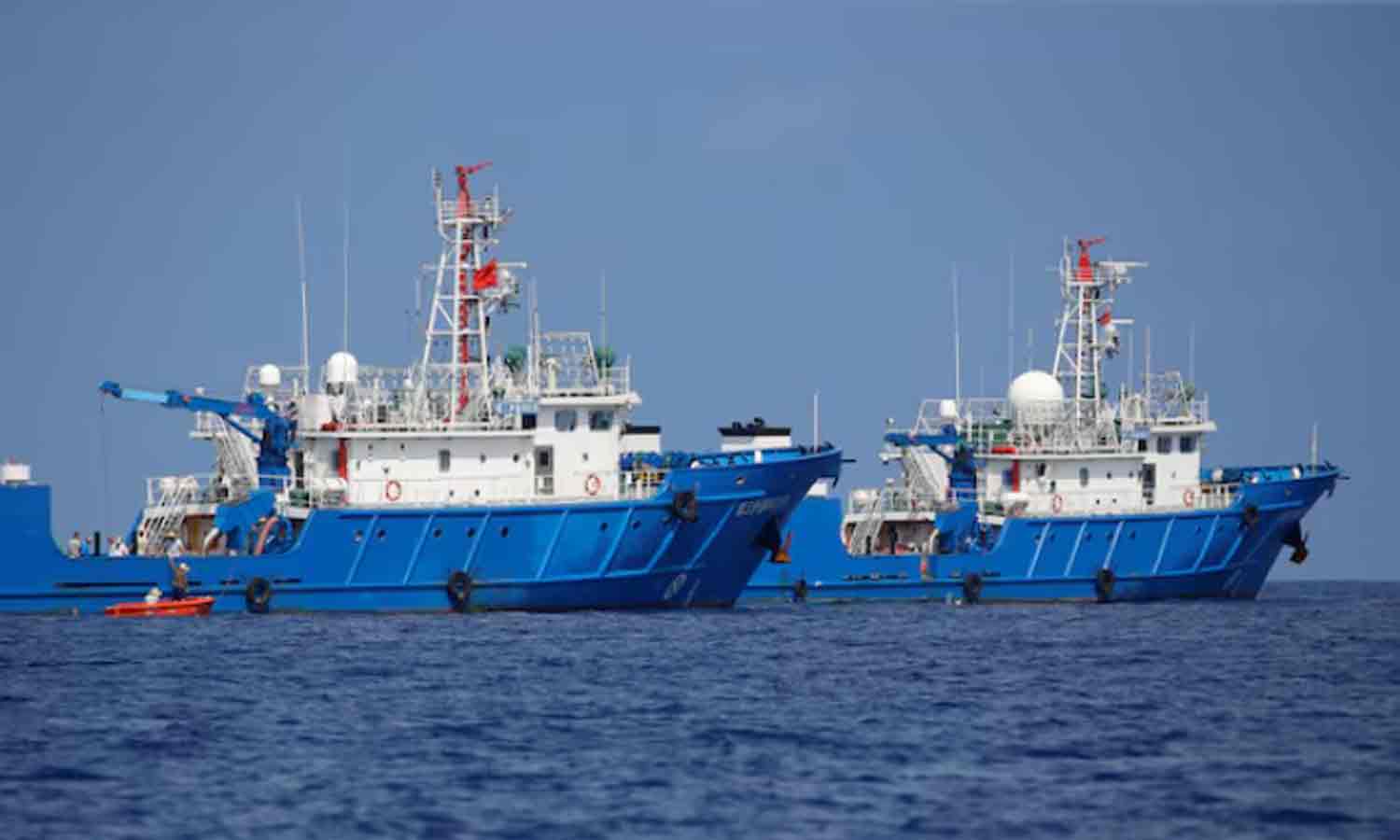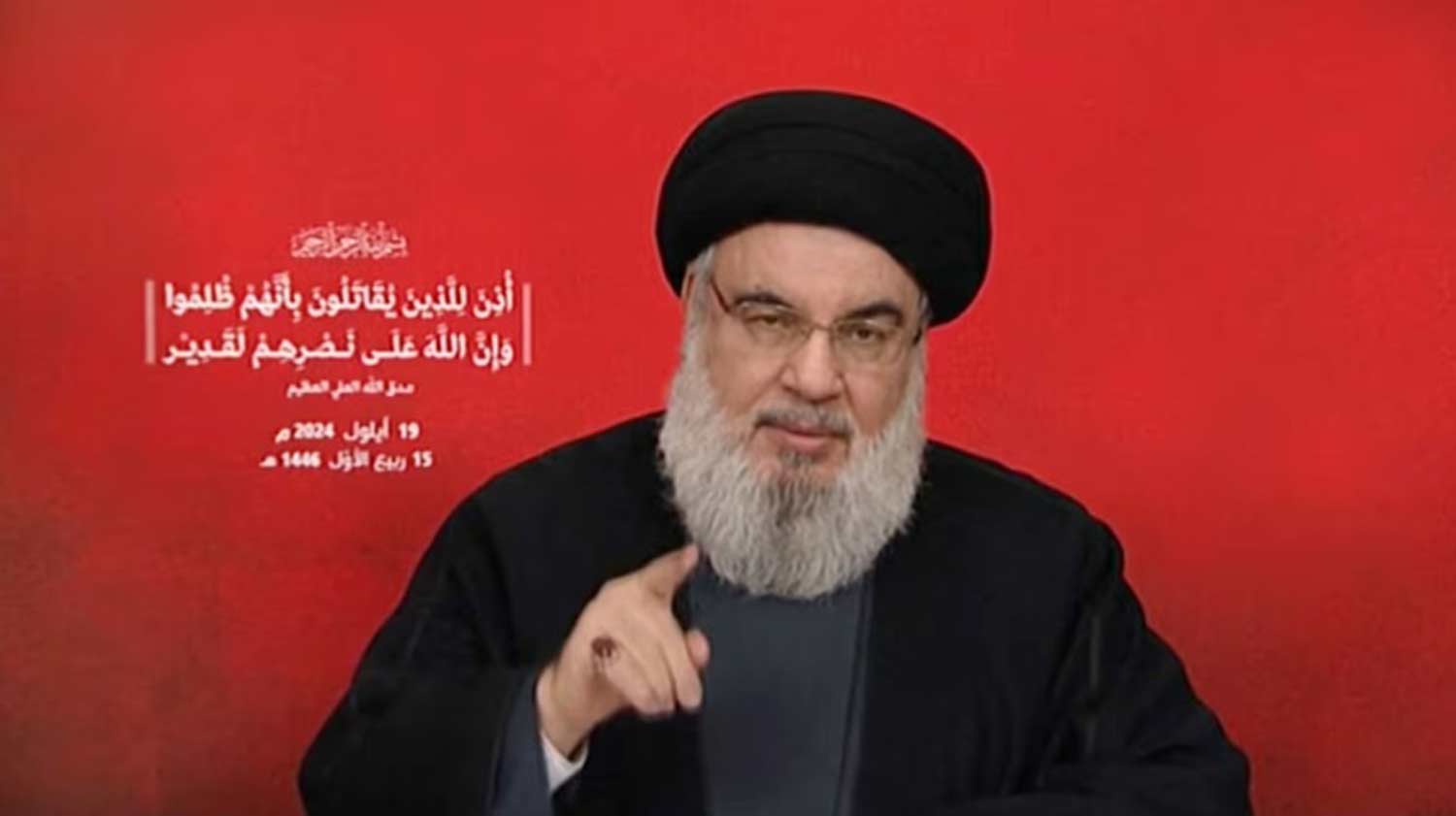History has consistently unfolded in a nonlinear fashion, often catching humanity off guard with unforeseen developments. The current helplessness of Europe regarding the Ukraine conflict and the instability of technologically advanced nations serve as a stark reminder of this reality.
In an attempt to escape the turmoil of the Ukraine war, Western powers sought to ignite a global conflict in the Middle East, yet this has not materialized, despite the humanitarian crises in Gaza and the targeted assassination of Ismail Haniyeh in Iran.
As the war in Ukraine enters its third year, it poses significant risks not only to the security of Kiev but also to the broader future of Greater Europe. Reports indicate that while Ukrainian forces have managed to repel the Russian fleet from the Black Sea, they have struggled to penetrate Russia’s extensive defensive structures.
The combination of dwindling personnel, critical ammunition shortages, inadequate front-line defenses, and a lack of long-range air defense missiles, alongside internal political strife, has steadily driven Kiev toward a precarious situation. Furthermore, some analysts warn that Ukraine’s potential collapse could provide Russia with the opportunity to dominate all of Western Europe.
In February, Russian forces have continued their offensive following the capture of the eastern Ukrainian city of Avdiivka, with other key cities like Chasiv Yar expected to soon come under Russian control. The constitutional term of the Zelenskiy administration concluded in May of the same year; however, due to the enforcement of martial law, Zelenskiy is attempting to consolidate his authority by addressing internal conflicts through increasingly authoritarian measures, which have escalated in recent days. This period has seen the resignation of at least seven ministers and the dismissal of a presidential aide, prompting preparations for a significant cabinet reshuffle.
Among those who stepped down was Foreign Minister Dmytro Kuleba, who, alongside Vladimir Zelensky, played a crucial role in efforts to secure Western support. Deputy Foreign Minister Andrey Sibiha is believed to be a potential successor. Other resignations include Minister of Strategic Industries Oleksandr Kamyshin, Deputy Prime Minister Olha Stefanishyna, as well as the Ministers of Justice, Environment, and Integration, along with Vitaly Koval, the head of the State Property Fund of Ukraine.
Zelenskiy, who was first elected in 2019, indicated last week his intention to implement significant reforms, emphasizing the necessity for change and stating that state institutions must work in harmony to enable Ukraine to meet its objectives. He highlighted the importance of the upcoming autumn for the nation’s future, asserting that adjustments are needed to bolster government sectors related to survival.
In a related development, a decree on the presidency’s website confirmed the dismissal of Rostyslav Shurma, the Deputy Chief of Staff responsible for economic matters. Speaker David Arakamia informed the press that it is likely more than half of the cabinet ministers will be replaced. Since the onset of the war in February 2022, Zelenskiy has executed multiple cabinet changes. Notably, he dismissed his defense minister last September amid an anti-corruption investigation and recently removed the top military commander due to battlefield shortcomings.
Currently, at least five ministries remain unfilled following the resignations or dismissals of their leaders earlier this year, including critical positions in agriculture and infrastructure. Opposition lawmaker Iryna Herashchenko remarked that the government is experiencing a staffing crisis, which authorities seem to be ignoring.
This upheaval occurs at a critical moment in the conflict against advancing Russian forces on the Eastern Front, coinciding with indications of significant shifts in Russia’s nuclear strategy that have heightened the ambitions of European nations, including the United States. Zelensky is currently in the United States, where he is set to present his “plan for victory” to President Joe Biden, a key ally.
Russian Deputy Foreign Minister Sergei Ryabkov stated that Russia is reassessing its nuclear weapons policy in light of Western involvement in the conflict in Ukraine. This statement was made during a period when Russia is engaged in combat against Ukraine’s advances into the Russian city of Kursk, which are supported by Western armaments.
In June 2020, Russian President Vladimir Putin last updated the nation’s six-page nuclear doctrine, which serves as the foundation of its official nuclear strategy. He noted that while Russia regards nuclear weapons primarily as a deterrent, their use is considered an “extreme and coercive measure.”
The doctrine also underscores the necessity of preventing any form of aggression against Russia through military means, including nuclear options. According to this policy, Russia would resort to nuclear weapons in response to the deployment of nuclear or other weapons of mass destruction against itself or its allies, particularly when the state’s existence is at stake. In such scenarios, these weapons could be employed in conjunction with conventional military forces against aggressors.
Discover more from Defence Talks | Defense News Hub, Military Updates, Security Insights
Subscribe to get the latest posts sent to your email.





